2024 beauty brands predictions and trends
It’s no secret that the beauty industry is forever evolving. Beauty brands love to jump on board with the latest trends, which can be influenced by things like changing consumer preferences, social media trends, and the future of sustainability.
But what does the beauty marketing industry hold for this year? Let's explore what lies ahead in the ever-growing and evolving industry.
Predictions for beauty brands and beauty trends this year
Embracing sustainability
One of the overarching trends expected to pick up even more so this year is the industry-wide shift towards sustainability.
Consumers are increasingly demanding eco-friendly and cruelty-free beauty products, prompting brands to prioritise sustainability in their product formulations, packaging, and manufacturing processes. From biodegradable packaging materials to refillable containers, beauty brands are reimagining their approach to sustainability to meet the expectations of environmentally-conscious consumers.
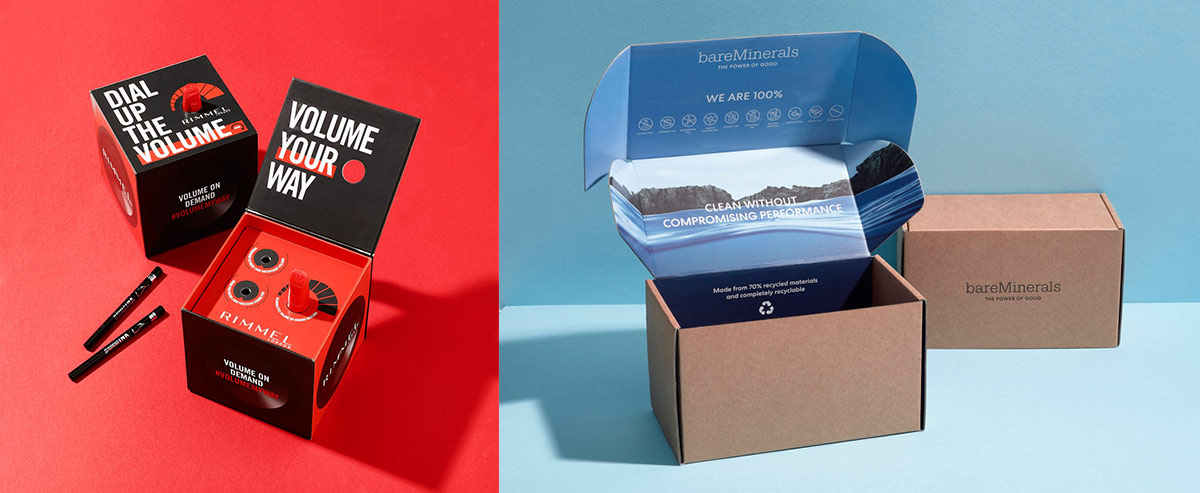
Beauty brands are currently undergoing significant changes. This doesn’t just include changes to packaging, but also product ranges and stores. When leaders in the beauty marketing industry, such as Sephora, are on a mission to reduce their carbon footprint, it’s no wonder other brands are following suit.
Sephora is on a mission to reduce the carbon footprint of their stores, headquarters, and distribution centres by 50% by 2026.
They say, "Our commitment to the environment starts with well-sourced ingredients. We cultivate sustainable practices in our retail spaces, head offices and at every touchpoint in our supply chain."
So, we’re expecting an even bigger shift towards sustainability this year.
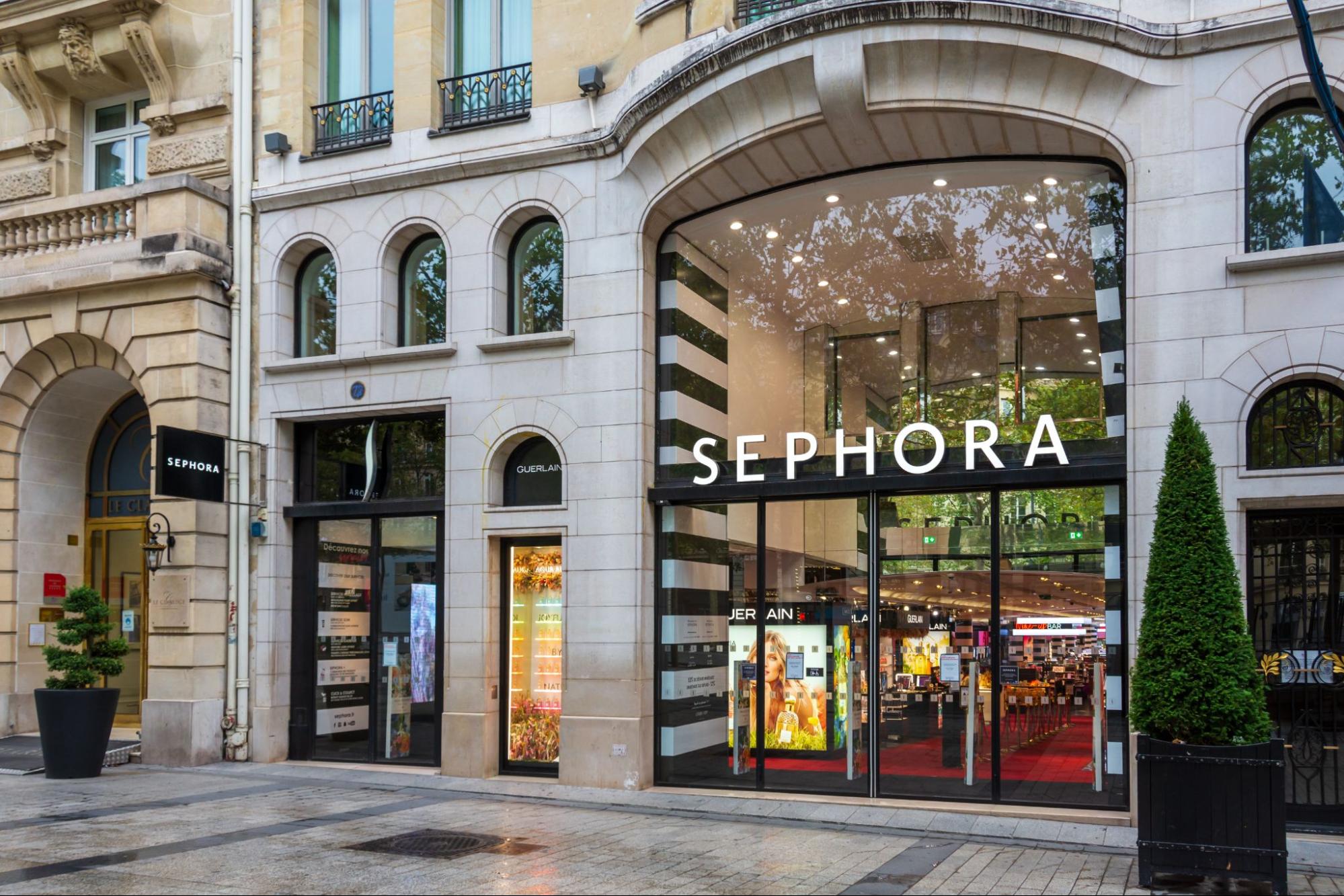
Rise of virtual try-ons and AR experiences
It should come as no surprise when we say we’re living in a digital world. So forget ‘material girl’, when it comes to beauty marketing this year it’s all about ‘digital girl’. With that, our guess is that virtual try-ons and augmented reality (AR) experiences are set to revolutionise beauty trends this year.
With advancements in AR technology, consumers can now virtually try on clothes, accessories, and makeup products. This is a huge advancement as it allows consumers to experiment with different shades and styles and lets customers visualise their desired look before making a purchase.
A great example of a beauty brand who uses AR is L’Oreal. Their SkinConsult AI digital skin diagnostic focuses on personalising anti-aging skincare. All the user has to do is upload a selfie and the technology will detect signs of ageing including under-eye wrinkles, dark spots, loss of firmness, fine lines, and deep wrinkles. Based on the results, the user receives a tailored skin ageing matrix and product routine recommendation.
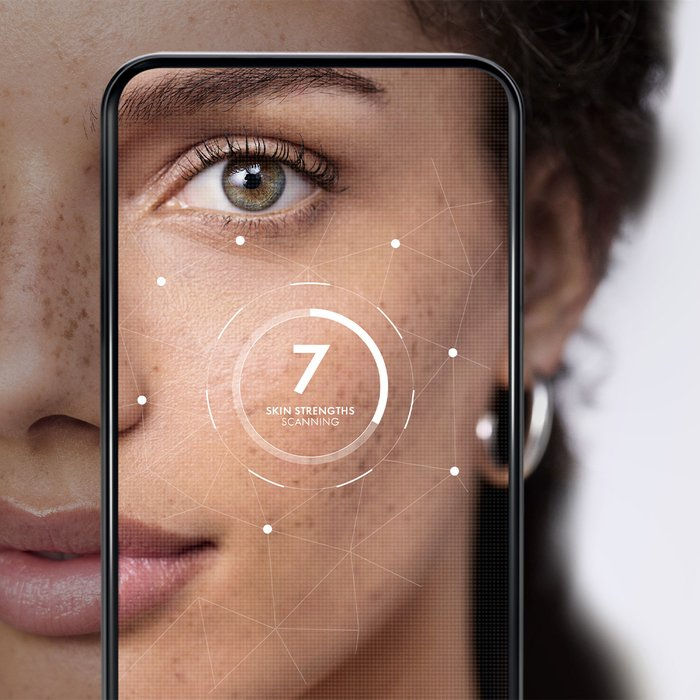
Beauty brands are leveraging AR-powered apps and platforms to offer immersive and personalised shopping experiences, blurring the lines between online and offline retail.
Diversity and inclusivity take centre stage
In recent years, the beauty industry as a whole has been on a journey towards achieving greater diversity and inclusivity.
Consumers are demanding products that cater to a diverse range of skin tones, hair textures, and body types, prompting brands to expand their ranges and adopt more inclusive marketing strategies. From inclusive advertising campaigns to partnerships with diverse influencers and creators, brands are embracing diversity as a core value and celebrating beauty in all its forms.
Fitness brand Gymshark is an excellent example of how they are putting their consumers first and providing them with the best experience possible. The brand consistently make it their mission to listen to their audiences' pain points. With that, the team at Gymshark are on a journey to make people’s gym routines as comfortable as possible.
Gymshark recently announced their exclusive Diffuse Sweat Headband designed with curly and textured hair in mind. They teamed up with influencer and Love Island star Whitney Adebayo upon the launch.

This is exactly the kind of changes brands are making to provide inclusivity amongst their communities.
The growth of beauty influencers
Influencer marketing continues to be a driving force in the beauty industry. It’s certainly not going anywhere as the global influencer marketing industry is set to reach $24 billion by the end of 2024.
Brands who are looking to build genuine relationships, create user generated content (UGC) and drive conversions are leveraging the benefits of influencer marketing. This is especially prominent in the beauty industry as in the UK alone there’s an average of 323,490 beauty influencer followers on Instagram, 323,490 on YouTube, and 559,840 on TikTok.
Social media is all about creating visual content and building a community. So it makes sense that there is so much content out there amongst the beauty industry.
Beauty brands who are utilising influencer marketing well at the moment are Sol De Janeiro, Rimmel, and e.l.f. Cosmetics. Each of these brands have harnessed the power of influencer marketing to promote their latest products to their audiences.
Sol De Janeiro released their Delicia Drench Body Butter & Cheirosa 59 Perfume Mist and sent them out to influencers around the UK. Check out the influencer mailers produced by our creatives at PAGE Beauty.
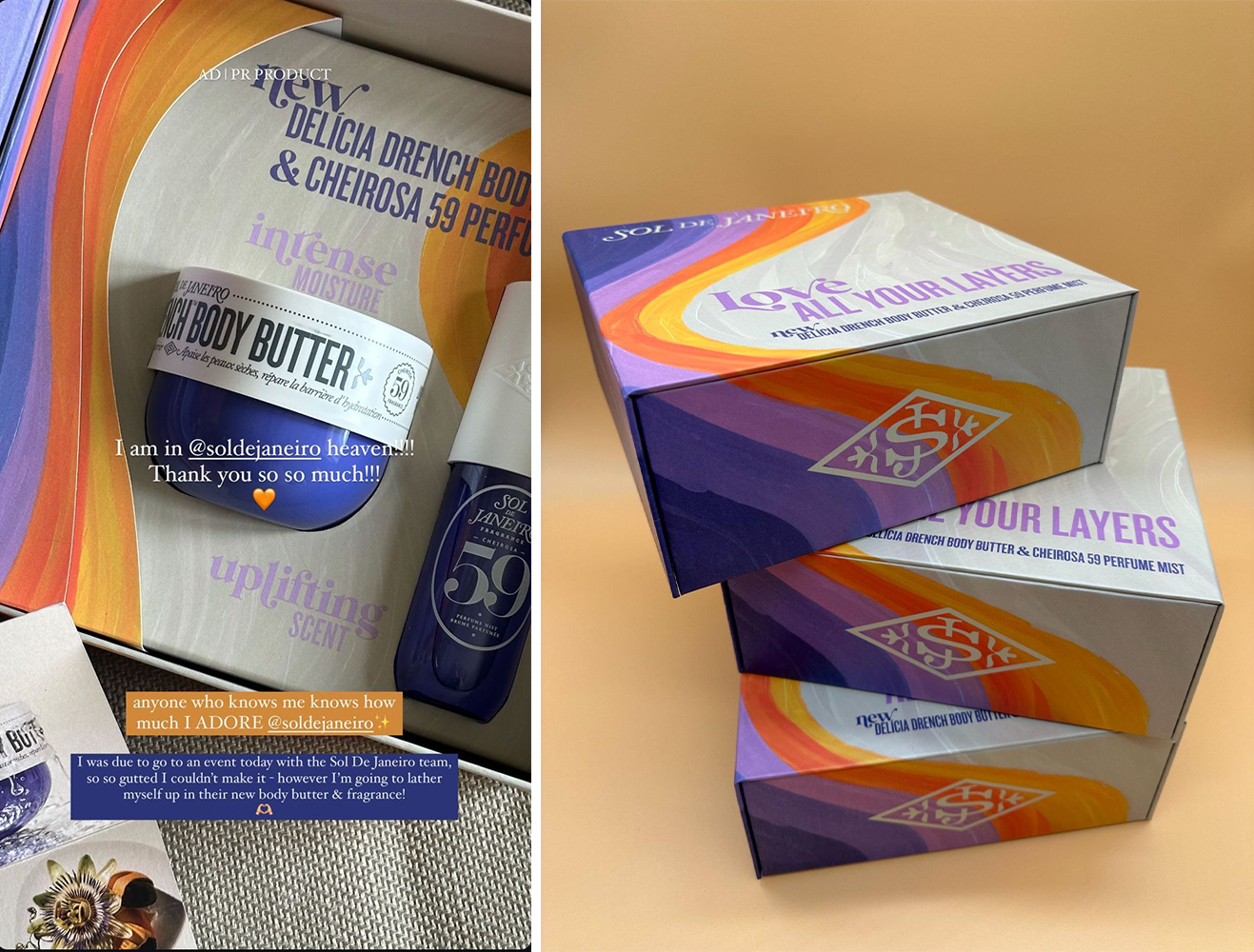
Rimmel are also hot on keeping their influencer collaborations sweet. Along with sending products to promote they also arrange events for influencers to attend. Their recent event involved a pop-up shop for influencers and their furry friends to promote their exclusive Rimmel London Pup-Up Cafe at Pawsitive Cafe.
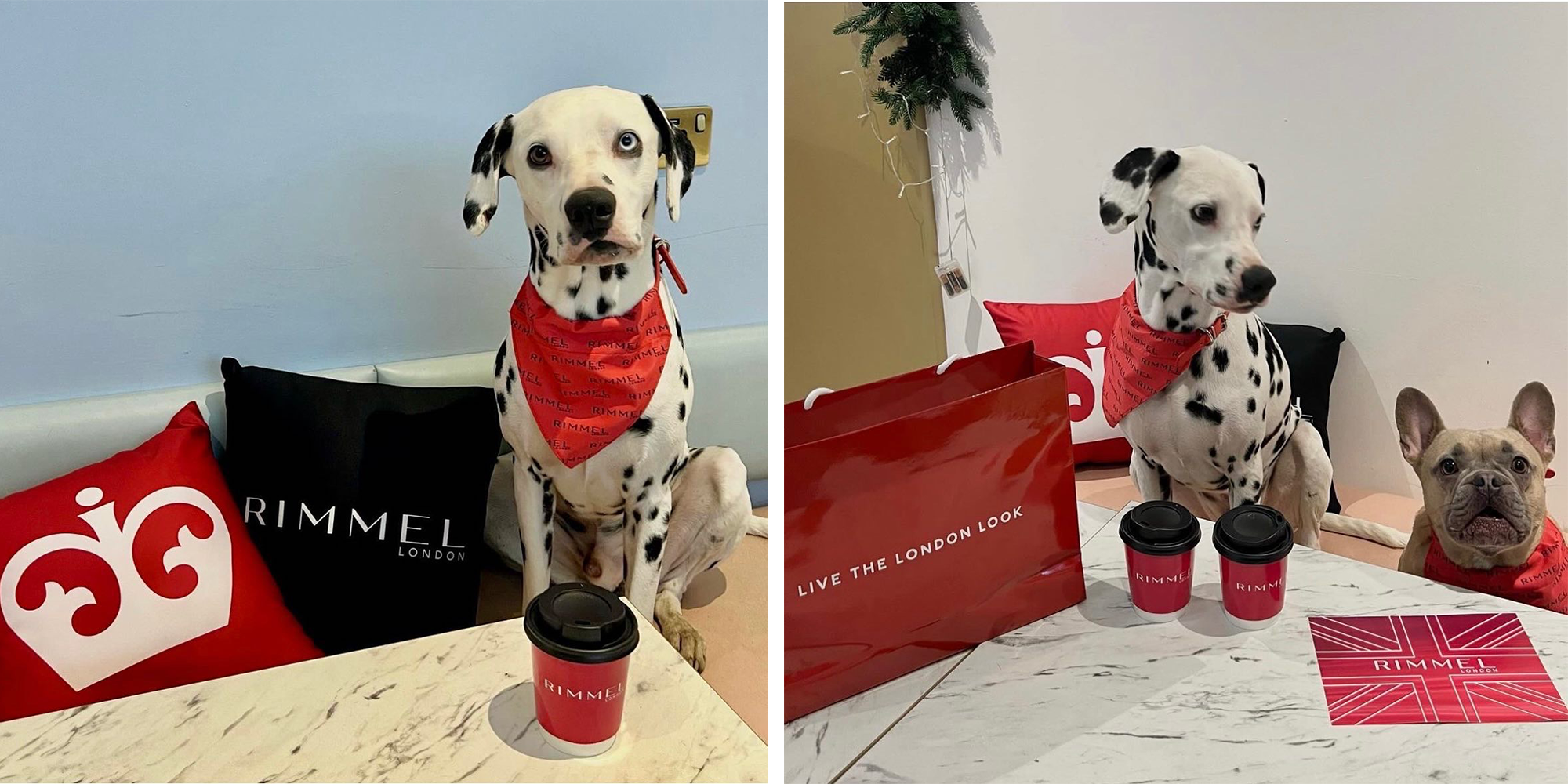
e.l.f. Cosmetics also utilise influencers to promote their new products. Take a look at more of our influencer mailer examples here.
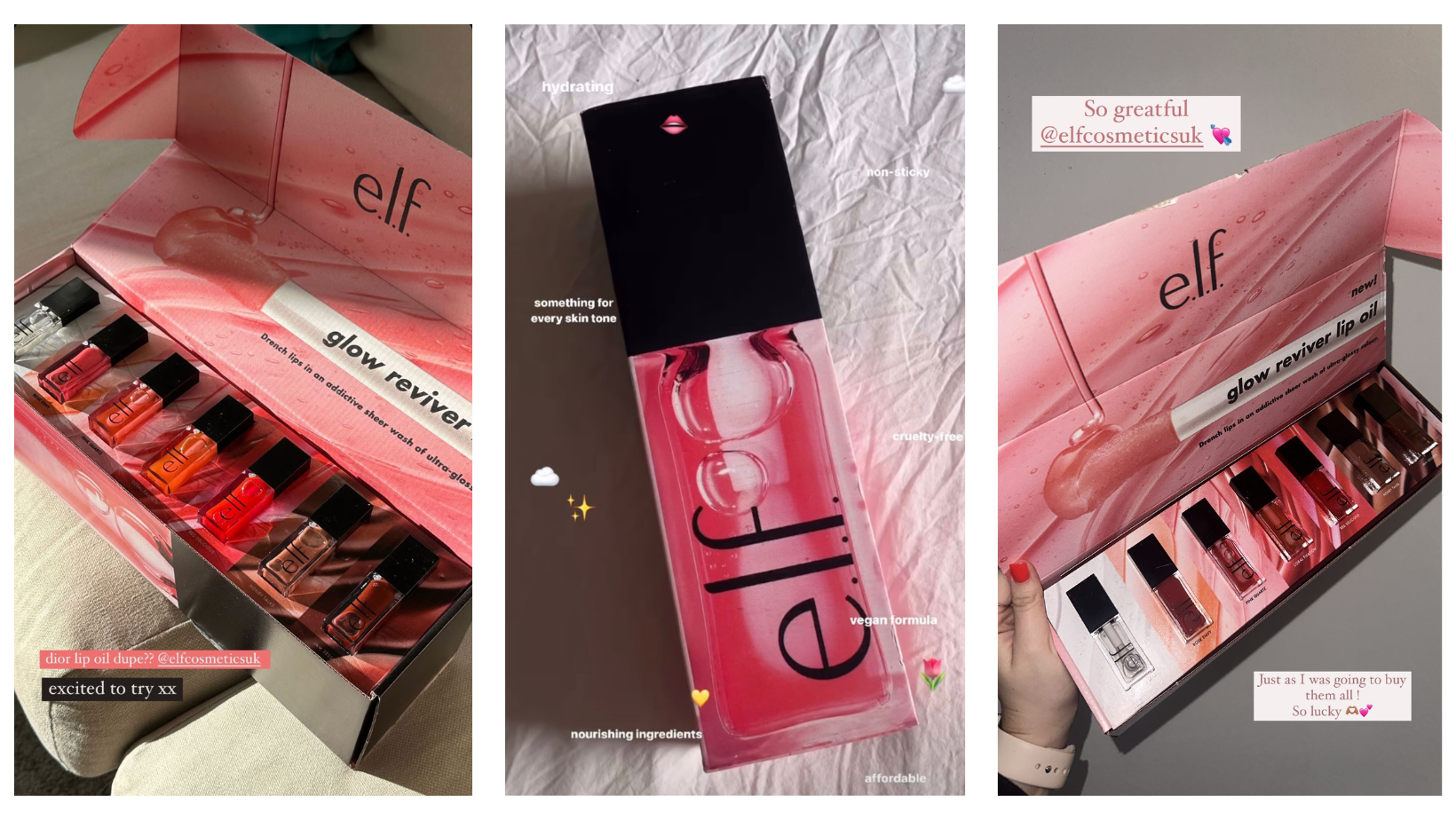
Personalised beauty experiences
Consumer preferences are becoming increasingly individualised in today’s world. So, we predict that personalised beauty experiences are bound to play a key part in 2024.
From personalised skincare regimes to customised makeup palettes, beauty brands are leveraging data-driven insights and technology to give their customers a more personal experienced. Whether through virtual consultations, AI-powered skincare analysis, or algorithm-based product recommendations, brands are striving to create personalised experiences that resonate with consumers on a deeper level. This really helps to make customers feel valued and builds up a long-lasting relationship between the brand and consumer.
It’s clear to see how beauty brands are evolving with the times. From embracing sustainability and diversity to leveraging technology for personalised experiences, brands are adapting to meet the changing needs and expectations of today's consumers. By staying ahead of these trends and embracing new opportunities, beauty brands are giving themselves the best possible chance to stay relevant and stand out amongst the busy crowd.
Are you looking to elevate your beauty brand this year? Whether you need a branding refresh or you’re planning your next influencer campaign, get in touch to see how PAGE Beauty can help.